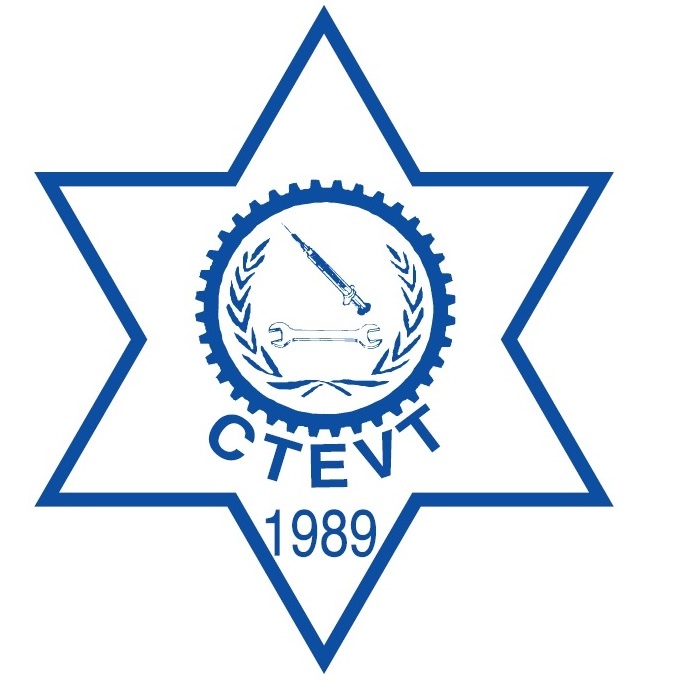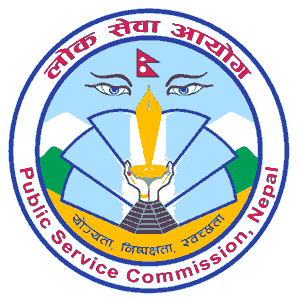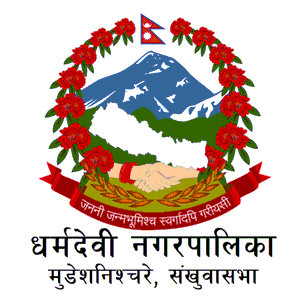Overview
Introduction of Teachers Service Commission (TSC) - Shikshak Sewa Aayog (शिक्षक सेवा आयोग): Shikshak Sewa Aayog - The Sixth Amendment to the Education Act 2028, in line with the Sixth Amendment to the Education Act 2028, recommended the permanent appointment and promotion of community school teachers, to provide necessary teaching permits for teachers, and to suggest to the government on the terms and conditions of teachers' service. A commission was formed. Then the Teacher Services Commission was formed by the 7th Amendment to the Education Act, 2028 on BS 2058/10/25.
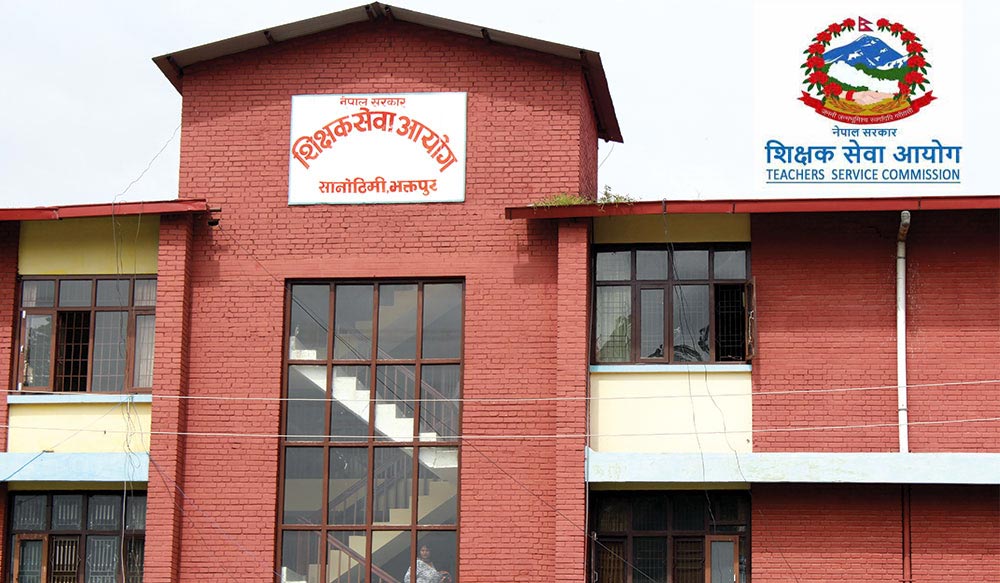
Background of TSC Formation
Although the beginning of school education in Nepal was long ago, with the advent of democracy in 2007 BS, the door to the development of school education was opened to access all the people in the country. Teachers are the guiding and developmental pillars of children's holistic development. The future productive children of the nation are received by the teachers of primary education schools. Today's children are the future makers of the country and the backbone of the nation. Their primary education should be the quality that the teachers of the school receive. Therefore, it is necessary to select competent, competent, inclined towards teaching, unbiased, skilled and talented, and capable teachers in their profession to provide qualitative and quality education.
The National Education System Scheme, 2028/2032, introduced the provision of guaranteeing the condition and convenience of teachers. Initially, there have been arrangements for making permanent appointments for the teachers by various names and forms under the District Education Service Commission, then the District Education Committee, the Selection Committee, the District Teacher Selection Committee, and the Regional Teacher Selection Committee. In the process of the selection of the then teachers, the act of amending the Education Act, rules, and regulations were being continued to fulfill the interests of the limited parties and the people, rather than impartiality, free and independent of politics. Advertising at any time, but not published until the end of the year, has been an unbelievable state of fairness.
Arrangements were made for the person receiving the appointment from the school search school board to be appointed, despite the publication of the results, recommending that the criteria not be used in the publication of the results. Some difficulties, such as devaluing a teacher's appointment with a concerned body, lacked a clear view of the rules regulations, and appointments. Similarly, the problems of appointment and recruitment of the teachers of the present district as well as other academic subjects of the school, including the management of the school and the teaching and reading activities, the results of district education officers being involved in the dispute, due to intense political and local pressures, obstructed the selection of qualified teachers.
In view of the need for an independent and impartial commission for the selection of qualified teachers in school education from the professional institutions of the teachers, political parties, civil society, and intellectuals, the government hopes to remove the distortions, inconsistencies, and various difficulties in the field of teacher selection in schools.
1.1) Introduction
The Sixth Amendment to the Education Act, 2028, as recommended by the High-Level National Education Commission 2055 to recommend for the permanent appointment and promotion of community school teachers, to issue the required teaching licenses for teachers and to suggest to the government on teacher service conditions and facilities. The Service Commission was formed. After that, the Teacher Service Commission was formed by the seventh amendment in the Education Act, 2028 BS.
1.2) Background of Commission Formation
Although the beginning of school education in Nepal is long ago. With the advent of democracy in 2007, the door has been opened for the development of school education to reach all the people in the country. Teachers are the guide for the all-round development of children and the cornerstone of formal education. Children, the future builders of the nation, receive their primary education from school teachers. Today's children are the future builders of the country and the backbone of the nation. Their primary education should be of the quality received from the school teachers. Therefore, it is necessary to select qualified, qualified, impartial, efficient and talented and competent teachers in their profession who are capable of providing quality and standard education.
The National Education System Plan, 2028/2032 has initiated an arrangement to ensure the service conditions and facilities of the teachers. Initially, the District Education Service Commission, then the Selection Committee under the District Education Committee, the District Teacher Selection Committee and the Regional Teacher Selection Committee have been making permanent teachers under various names and formats.
In the process of selection of teachers at that time, instead of being impartial, independent, and free from politics, the work of amending the Education Act, rules, and regulations for the benefit of limited parties and individuals continued. There will be advertisements at some point, but the results will not be published until the rainy season, even if there is a guarantee of fairness. It was alleged that there was no use of universal criteria in the publication of the results. There was a lack of clarity on the appointment of teachers by the concerned bodies and lack of a clear vision of the rules and regulations.
Similarly, the then-District Education Officers were not involved in other academic issues of the school including teacher recruitment and enrollment, including school management and reading activities. Existed.
In view of the need for an independent and impartial commission for the selection of qualified teachers in school education from the professional organizations of teachers, political parties, civil society, and intellectuals. Teacher Service Commission? Is formed.
1.3) Objectives of the Commission
Article 11b of the Education Act, 2028 (Eighth Amendment 2062) states that a Teacher Service Commission has been constituted to recommend for the appointment of vacant teacher posts and promotion of teachers appointed to such posts as per the posts approved by the government in the community schools. Clause "D" states that the teaching license must be obtained to be a candidate for the post of teacher and the teaching license will be provided by the Teacher Service Commission.
Paragraph 2, The organizational structure and scope of work of the Commission
2.1) Organizational Structure of the Commission
The Seventh Amendment to the Education Act provides for the formation of a three-member commission with one chairperson and two members. The Education Act stipulates that the Government of Nepal will appoint the officials of the Public Service Commission for a term of five years on the recommendation of a three-member committee chaired by the Chairman of the Public Service Commission and comprising the Vice-Chancellor of Tribhuvan University and the Secretary of the Ministry of Education.
2.2) Meeting Procedure and Functions, Duties and Powers of the Commission
Rule 3 of paragraph 2 of the Teachers Service Commission Rules, 2057 (with amendments) states that the working procedure of the meeting of the Commission and paragraph 2 of the same rules, rule 4 states that the functions, duties, and powers of the Commission shall be as follows.
(A) Procedure regarding the meeting of the Commission
1) The meeting of the Commission shall be held as required.
2) The meeting of the Commission shall be held at the place, date, and time specified by the Chairperson.
3) The meeting of the Commission shall be chaired by the Chairperson of the Commission and in his / her absence, the members present at the meeting shall be chaired by the member chosen from among them.
4) If more than fifty percent of the total members of the Commission are present, the quorum for the meeting of the Commission shall be deemed to have been reached.
5) The opinion of the majority shall be valid in the meeting of the Commission and if the votes are equal, the person presiding over the meeting may cast the casting vote.
6) The decision of the meeting of the Commission shall be certified by the person presiding over the meeting of the Commission.
7) The working procedure of the meeting of the Commission shall be as determined by the Commission itself.
(B) Functions, duties, and powers of the Commission
Will the work, duties, and powers of the commission be as follows?
1) To recommend for permanent appointment and promotion of teachers
2) To give teaching licenses to those who want to teach in the school after completing the necessary process
3) To determine the syllabus of the examination to be taken for the teaching license and to do the work related to the examination.
4) To give suggestions to the Ministry regarding the services, conditions, and facilities of the teachers
5) To determine the syllabus of the examination to be taken for the appointment and promotion of the teacher and to do other work related to the examination
6) To inspect and investigate the work to be done by the Commission in accordance with the Act or these rules as required.
2.3) Organizational structure and manpower arrangement of the Secretariat of the Commission
Pursuant to Article 11 (e) of the Education Act, 2028 BS, the Commission has a separate secretariat. There is an arrangement for the Gazetted First Class, Education Service (Pvt.) (Joint Secretary) to work as the administrative head of the secretariat. There is a central office (Teacher Service Commission) under the Secretariat of the Teacher Service Commission. Under the leadership of the Administrative Head (Joint Secretary of Education Service), there are 7 Deputy Secretaries of Education Service and 1 Accounts Group, 8 Deputy Secretaries, 8 Section Officers, and 18 others with a total of 34 employees.
Eight branches have been set up to manage the work of the commission. These branches include 1) Written Examination Operations Branch, 2) Promotion Branch, 3) Interview and Recommendation Branch 4) Statistics, Advertising, Curriculum, Capacity Development and Research Branch 5) Financial Administration Branch 6) Question Paper Creation and Modification Branch 7) Planning, Administration And Monitoring Branch 8) There are teaching license branches.
Organizational Structures of TSC:
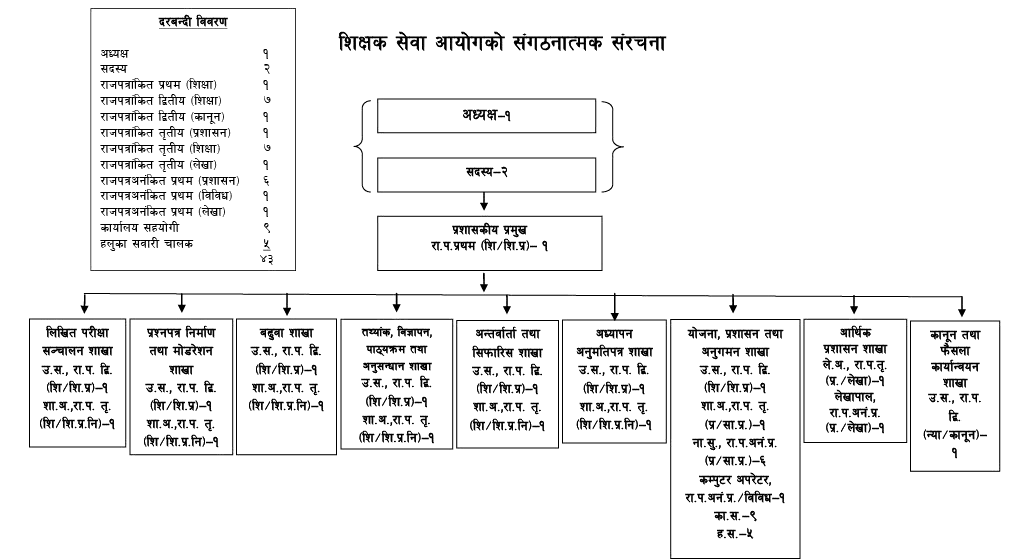
Latest Update: Shikshak Sewa Aayog result, exam, notice, Niyamawali, Shikshak Sewa Aayog vacancy, model question, Syllabus, Shikshak sewa aayog tayari, question answer.
Contact Details:
Teachers Service Commission (TSC)
Sanothimi, Bhaktapur, Nepal
Phone: +977-1-6637873, +977-1-6638151
Fax No.: +977-1-6637872 (Fax)
Technical Help Desk: 9851103299
Email: [email protected]
Website: www.tsc.gov.np
Last Update: 2078-6-16 (16th October 2021)






